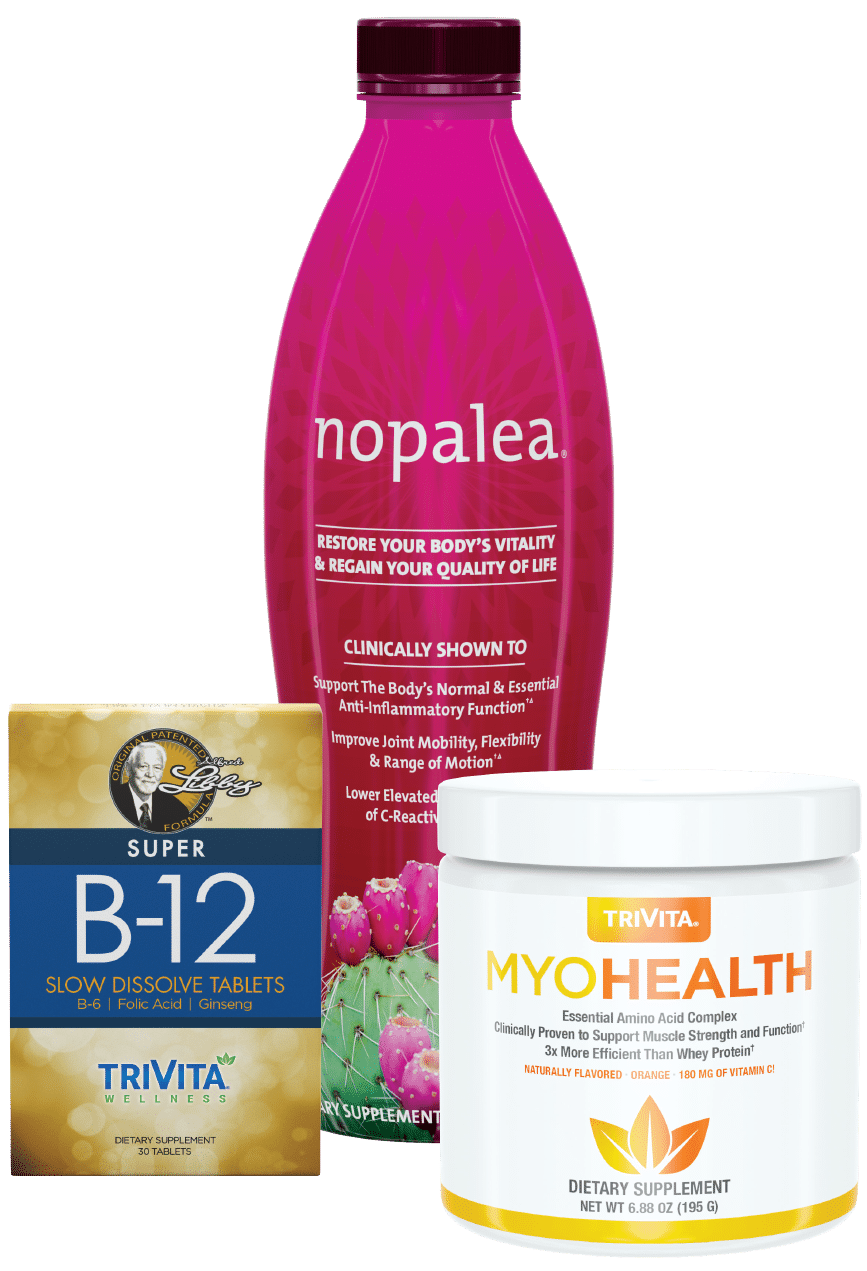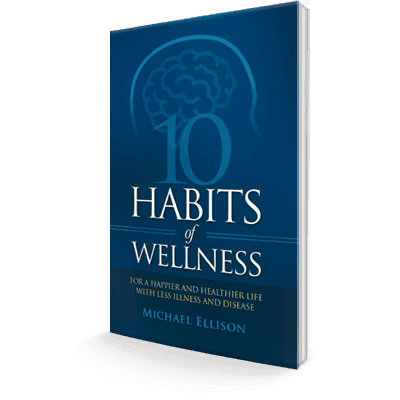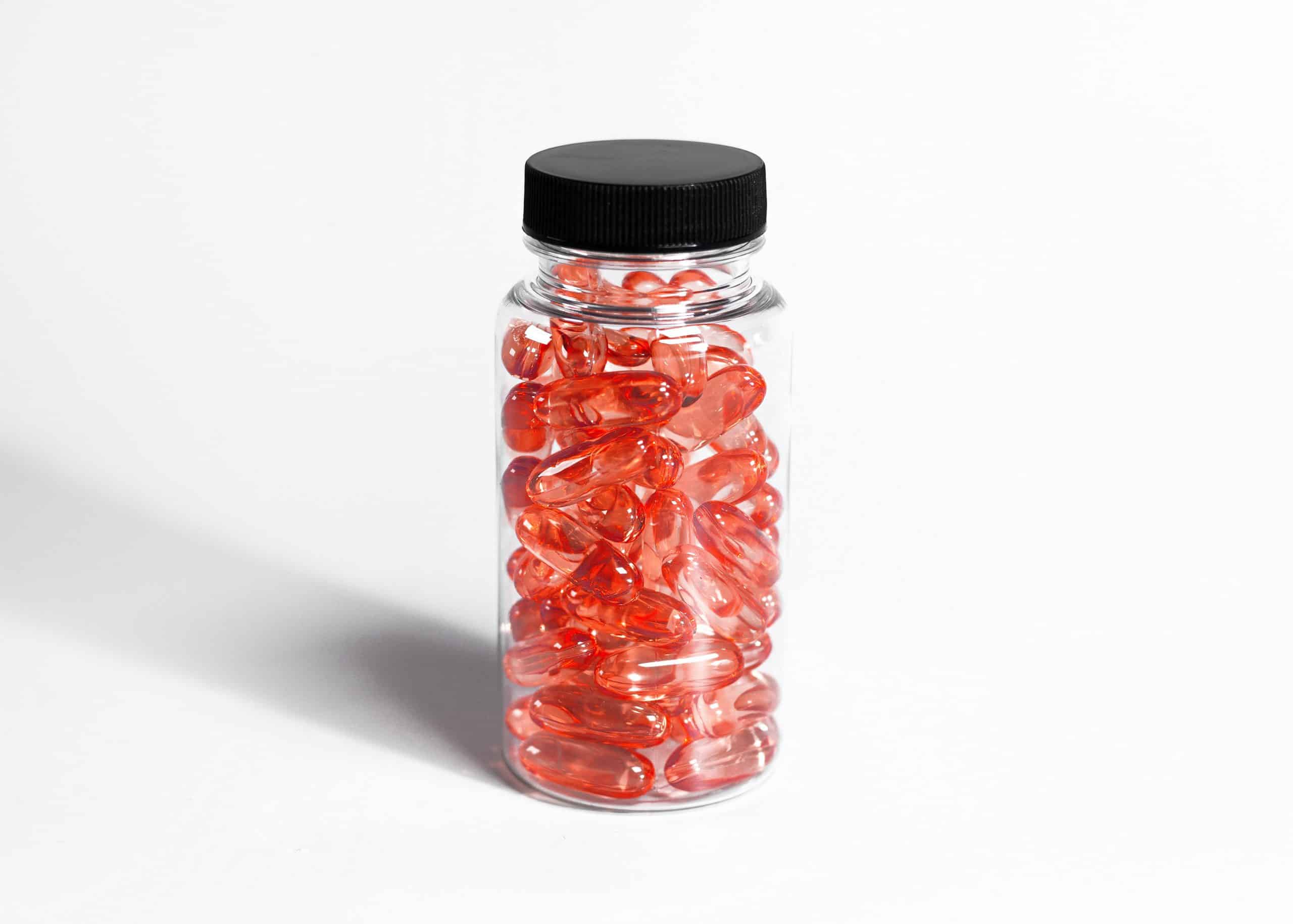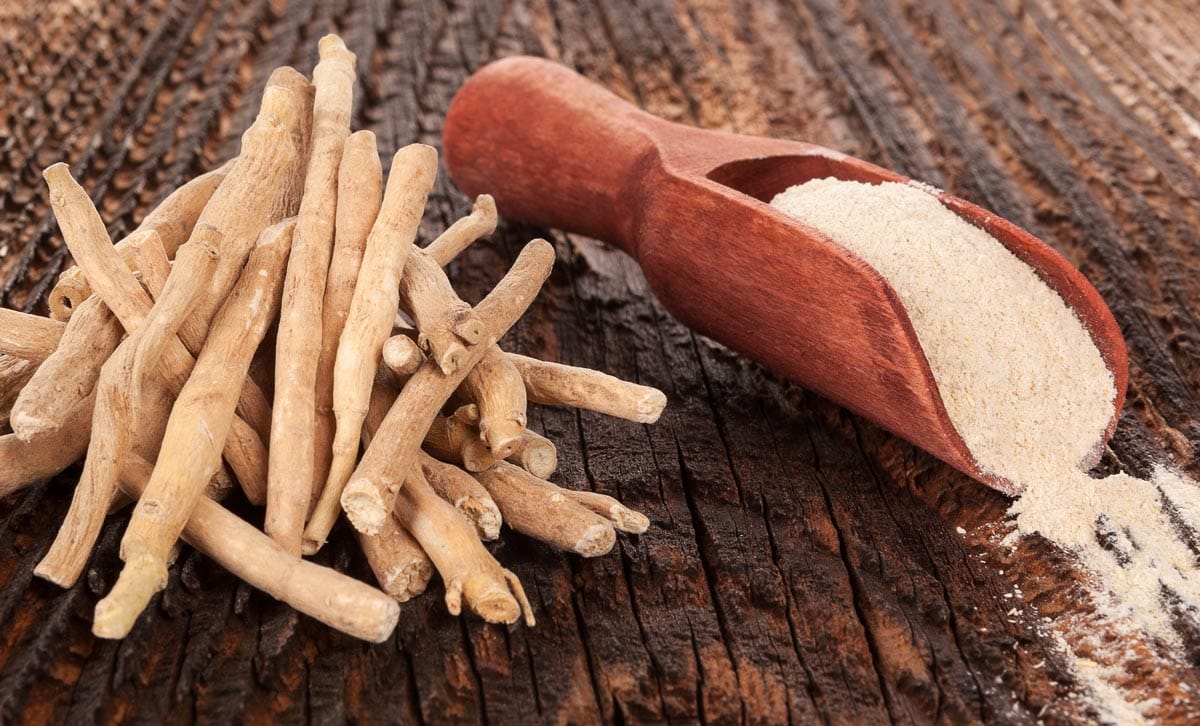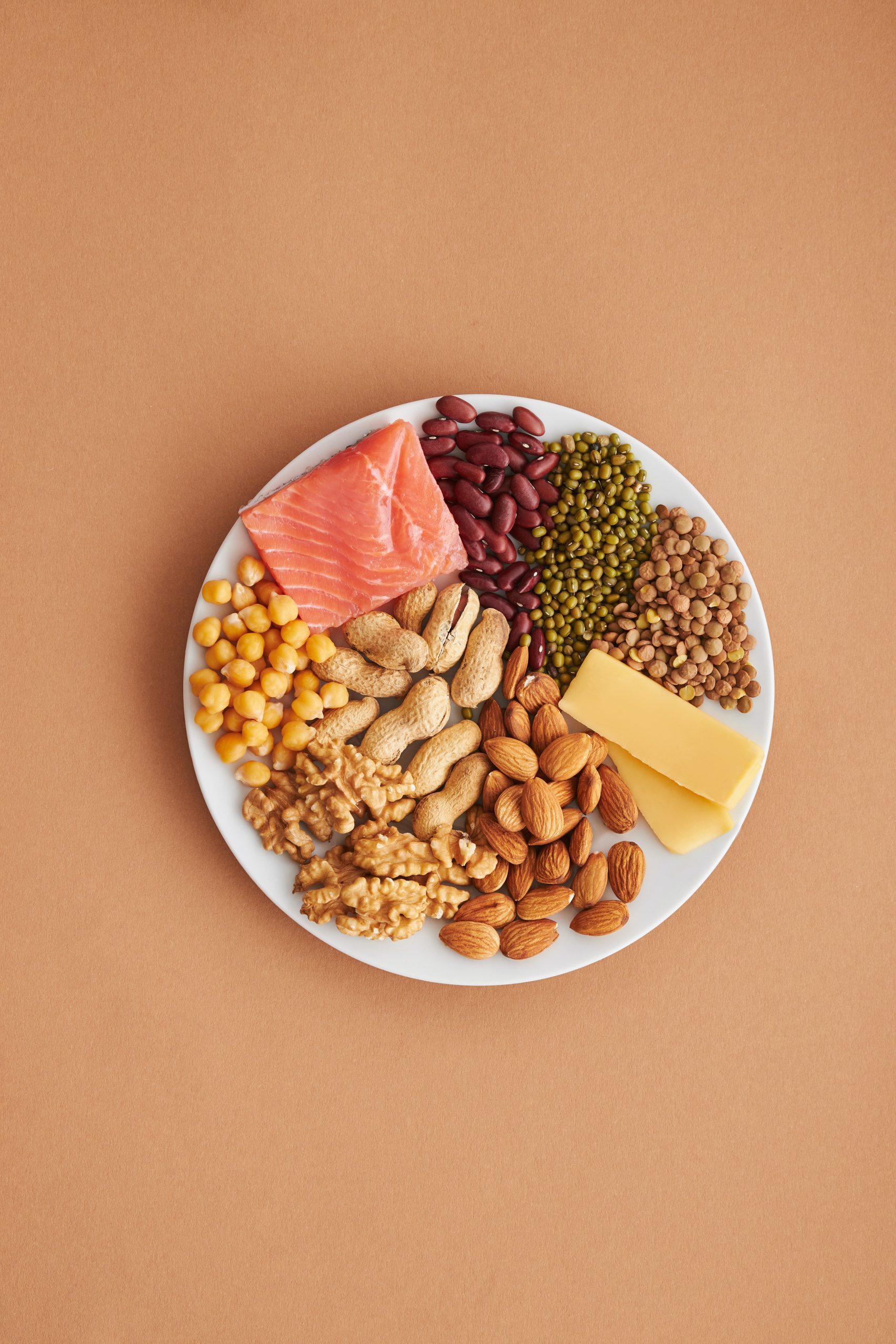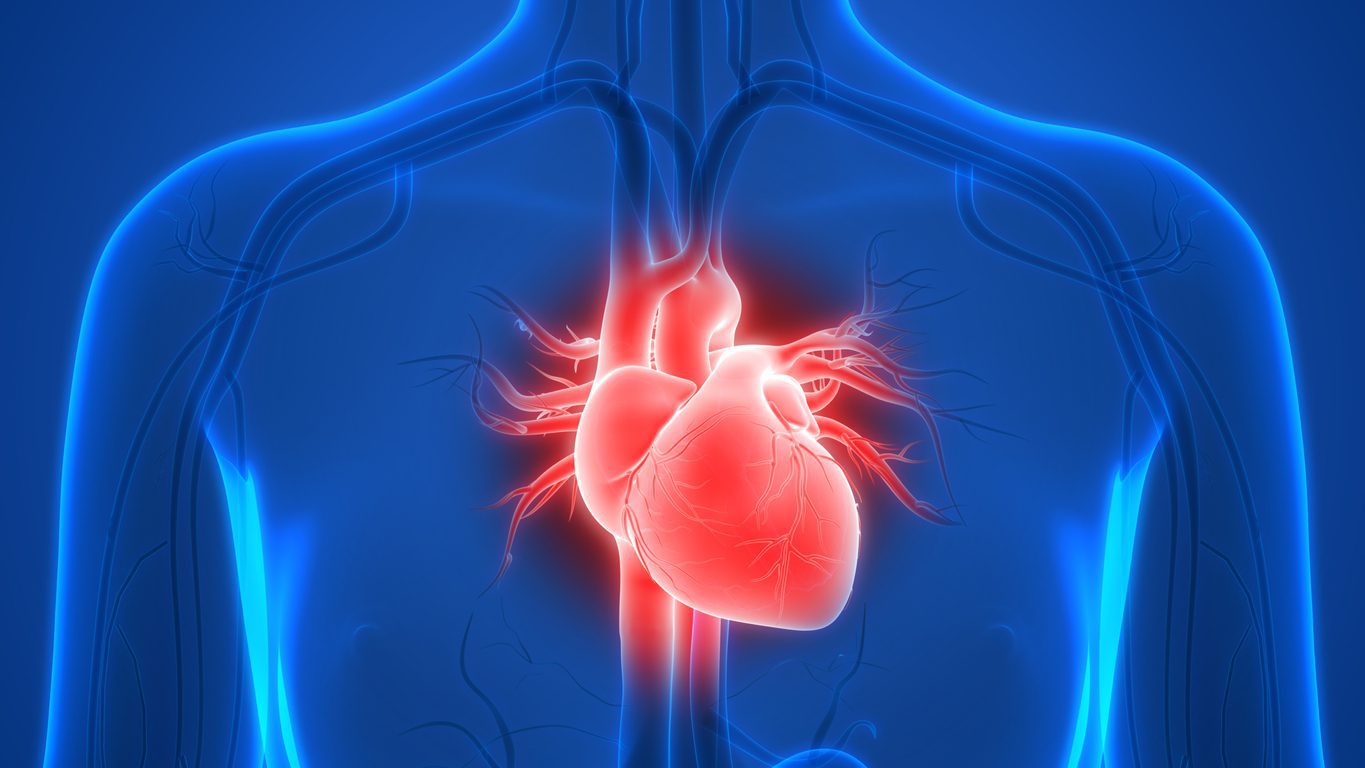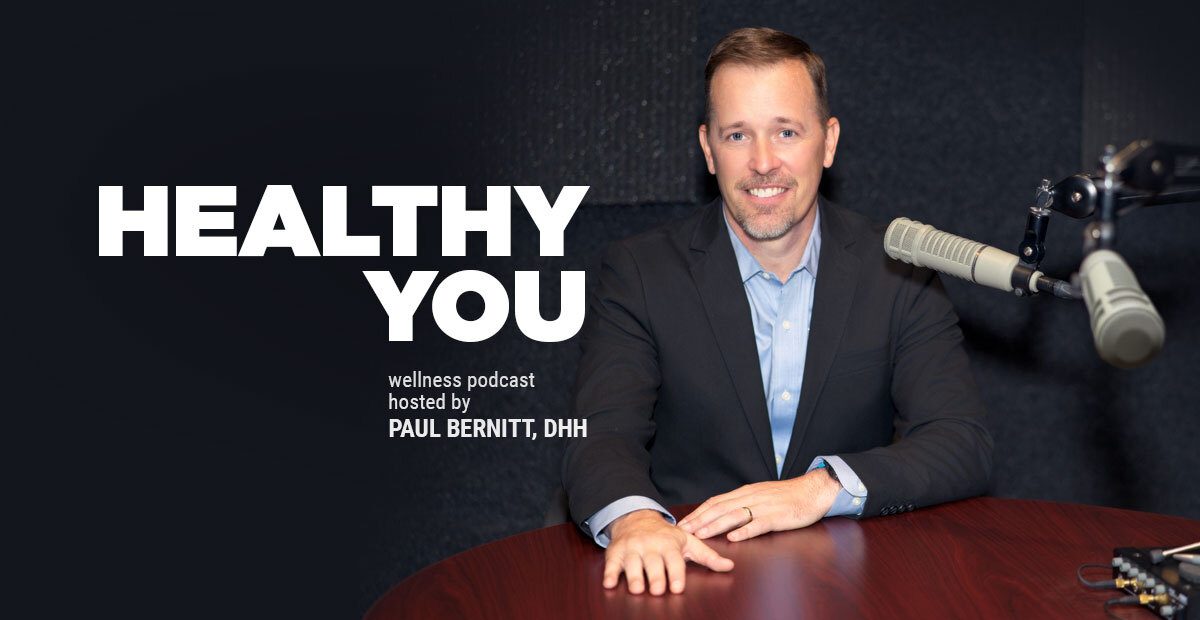Prevent critical nutrient deficiencies when eating gluten-free
Researchers have long known that a strict vegetarian/vegan diet can lead to Vitamin B-12 deficiency, but vegetarians and vegans aren’t the only ones at risk. Individuals following a gluten-free diet may be susceptible to key nutrient deficiencies as well. In 2013, a study assessed the nutritional status of “early diagnosed” untreated adults with celiac disease (CD) in the Netherlands. The study found that nearly all CD patients (87%) had at least one value below the lower limit of folic acid, Vitamin A, B6, B12, and Vitamin D, zinc, hemoglobin and ferritin. Furthermore, 17% of the CD patients were malnourished.1 Newly diagnosed celiac patients aren’t the only group at risk though. To assess the vitamin status of celiac patients, one study looked at thirty adults in biopsy-proven remission that followed a gluten-free diet for 8-12 years. Researchers found that half of the patients showed signs of deficiency; specifically the mean daily intakes of Vitamin B-12 and folic acid were significantly lower in celiac patients than in the control group.2 People with celiac disease can experience nutritional deficiencies for many reasons including poor absorption and low intake. When there is damage in the small intestines, as with individuals who have celiac disease, the absorption of key nutrients can become compromised.Don’t Have Celiac Disease? You Could Still Be Vulnerable
Even if you haven’t been diagnosed with celiac disease or gluten sensitivity you can still be at risk for deficiencies if you regularly eat gluten-free foods. Unlike their gluten-containing counterparts, very few gluten-free products are enriched or fortified with essential vitamins and minerals. As a result, deficiencies are more prevalent among gluten-free dieters. Whether you have celiac disease or experience non-celiac gluten sensitivity, it is important to fill your plate with nutrient-dense foods such as gluten-free whole grains, vegetables, fruits, beans, meats, dairy, nuts and seeds to mitigate potential nutritional gaps. You may also consider supplementation to help improve your vitamin status and prevent deficiencies. Many supplements use fillers that may contain gluten. When looking for a Vitamin B-12 supplement, be sure to read the ingredient list and choose a product that will meet your nutritional needs and is gluten-free.References: 1. https://www.ncbi.nlm.nih.gov/pubmed/24084055 2. https://www.ncbi.nlm.nih.gov/pubmed/12144584

